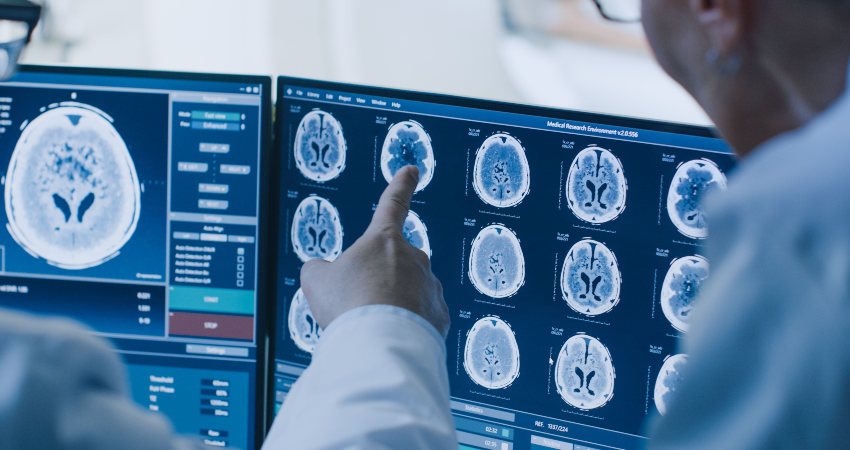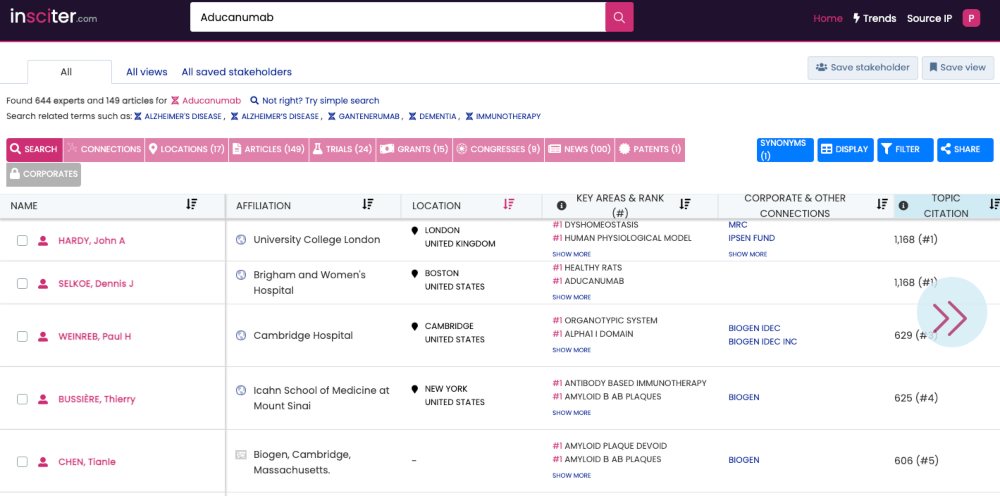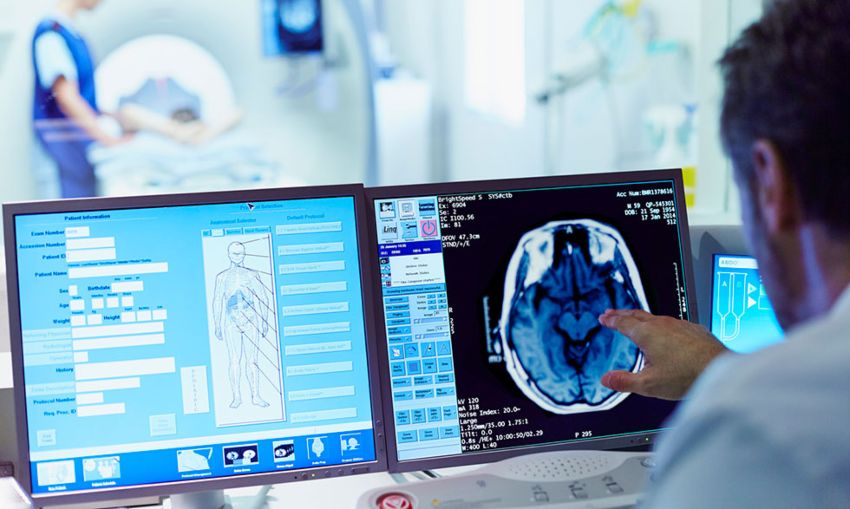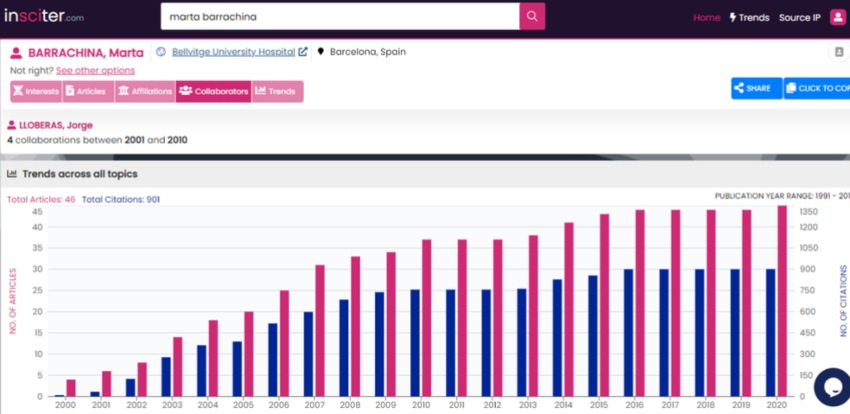

Freelance Life Sciences journalist supporting technological and scientific solutions through content creation and international expansion.
If you consider supporting this field, the precedents don’t seem promising at all:
No doubt, it is one of the diseases with a bigger impact on public health across the world:
The Food and Drug Administration (FDA) recently approved the first new medication in decades: Aducanumab. Developed by Biogen and Eisai, the drug is based on the reduction in amyloid beta plaques, one of the hallmarks of this disease. However, its controversial results, still under investigation, make it very unlikely to get approval in Europe.

With 5.101.150.99you can combine different keywords, immersing into new paths of investigation, such as the new advancements using new Deep Learning approaches.
In a remarkable research from Kaunas University, Lithuanian scientists developed a deep learning-based method that can predict Alzheimer’s disease from brain images with an accuracy of over 99 percent.
Analysis of fMRI images to identify the changes associated with Alzheimer’s apart from expert knowledge it requires a lot of time. Deep Learning solves that problem, giving high-speed and more accuracy to the researchers.

Alzheimer’s begins years before the symptoms outbreak, and early intervention and diagnosis are essential. The recent growth of open data-sharing initiatives collecting clinical, biological and lifestyle data from AD patients has provided an endless amount of information about the disease. In recent years there has been much more research using Deep Learning, and Big Data from multi-omics studies that explore the pathophysiological mechanisms of AD.
It is also worth highlighting other projects such as DEMNET, a Deep Learning Model for Early Diagnosis of Alzheimer Diseases and Dementia From MR Images. This framework is based on a Convolutional Neural Network model to detect the dementia stages, achieving an accuracy near 95% for AD.
There are also clinical trials based on Deep Learning using generative adversarial network (GAN) and brain DTI images to automatically generate synthetic PET images reflecting tau deposition, helping clinical and research professionals with non-invasive and low-cost approaches.
Following this increasing demand for early-stage diagnosis, SYNAPS Dx has completed $10 million Series A investment this month to push the commercialization of DISCERN, a minimally invasive test for the diagnosis of AD.
Other front lines and investment paths are happening in the battle against this disease. And not just big pharma may come with innovative solutions. Some startups are assuming leading roles too.
For example, Admit therapeutics, a Spanish biotech, also has developed an early detection technology with biomarkers non-related with β-amyloid and tau, the main pathological proteins associated with both AD and Parkinson’s disease. And in Israel, ImmunoBrain Checkpoint, developing neuroprotective therapies, has engineered an antibody that would be used to activate the immune system and induce brain repair processes.

We can also find the Canadian RetiSpec, for accurate detection of biomarkers in the eye, using a non-invasive eye scanner for early detection of AD, years before symptoms start to manifest. Or the case of Germany-based Exciva, a clinical-stage biotech company developing a novel therapeutic compound for treating behavioral and psychological symptoms such as aggression, which announced that it has raised €9M in Series A of funding.
More than one hundred clinical trials during the last decade clearly show that the one-target one-molecule approach has been proved ineffective or at least, insufficient. A myriad of interconnected factors seem to be involved in the AD pathophysiology. Now there is an increasing diversity of targets in the pipeline and Artificial Intelligence has become a fundamental ally for understanding brain diseases in general.
All signs indicate that raising awareness of early diagnosis methods, and new ways to look at the disease, such as treating inflammatory processes or other new solutions such as the ones commented above, can have a huge impact in the following years. The World Health Organization is warning that investments are still lacking in this area, and researchers are asking for more volunteers with cognitive problems to participate in the trials. All pieces still need to be put together, boosted by investors, to fully understand how our brains work, and why the magic inside them might fade one day.

Keep up to date with the latest news in the biotech investment community.
© 2021 Insciter. All rights reserved. Insciter is a technology application which serves as a search engine and data provider
Trading name of Layer IV Limited. Registered in England and Wales No. 11737675